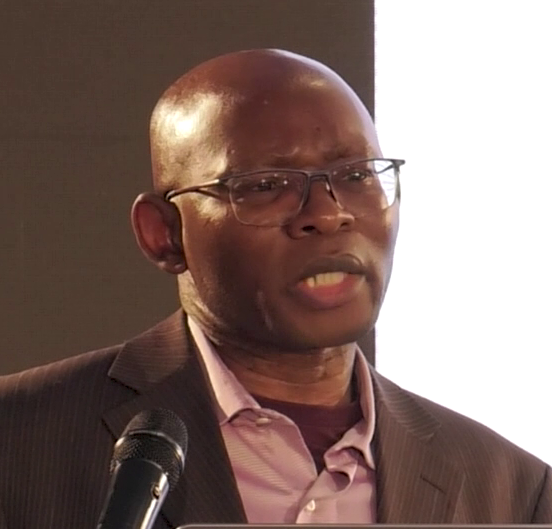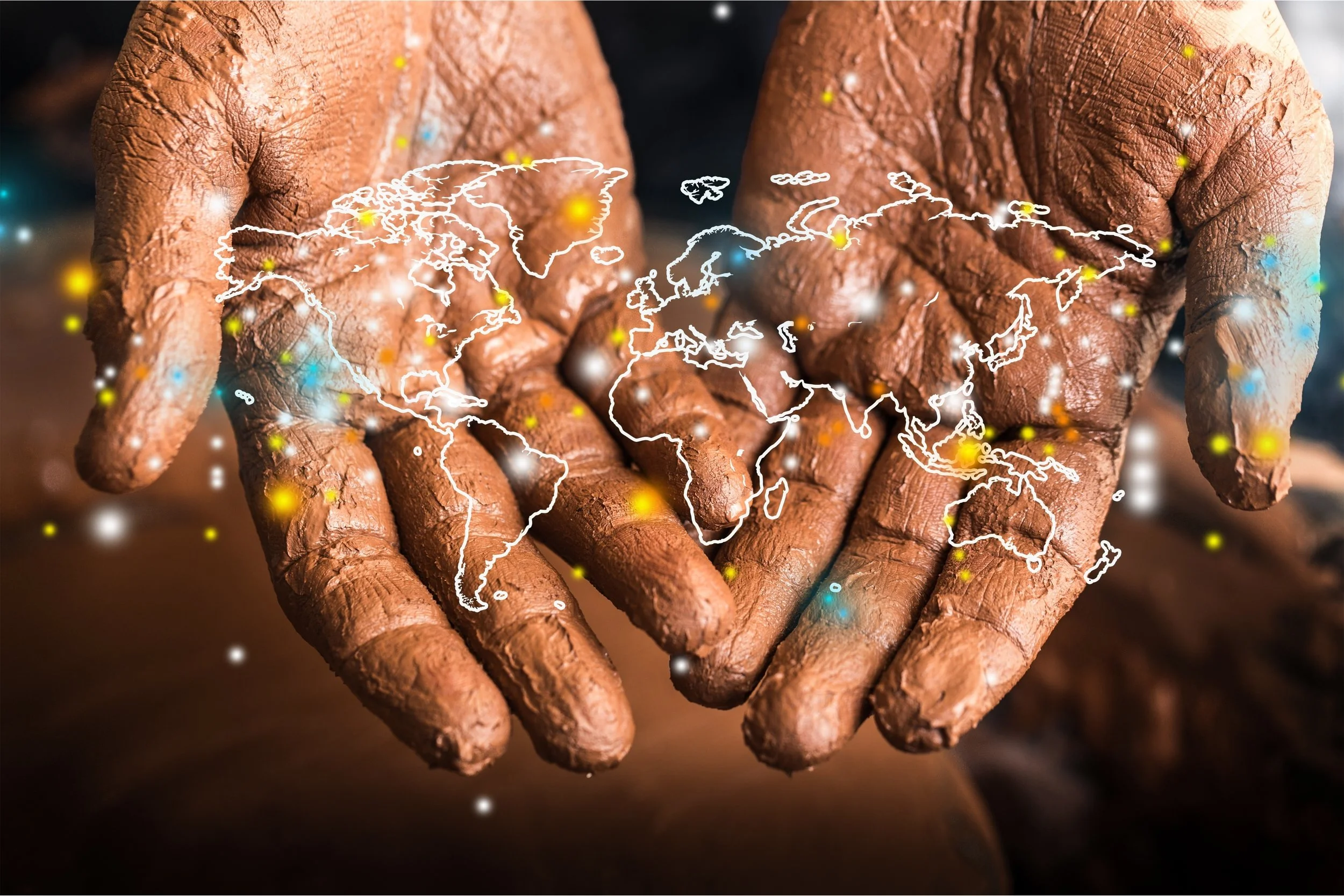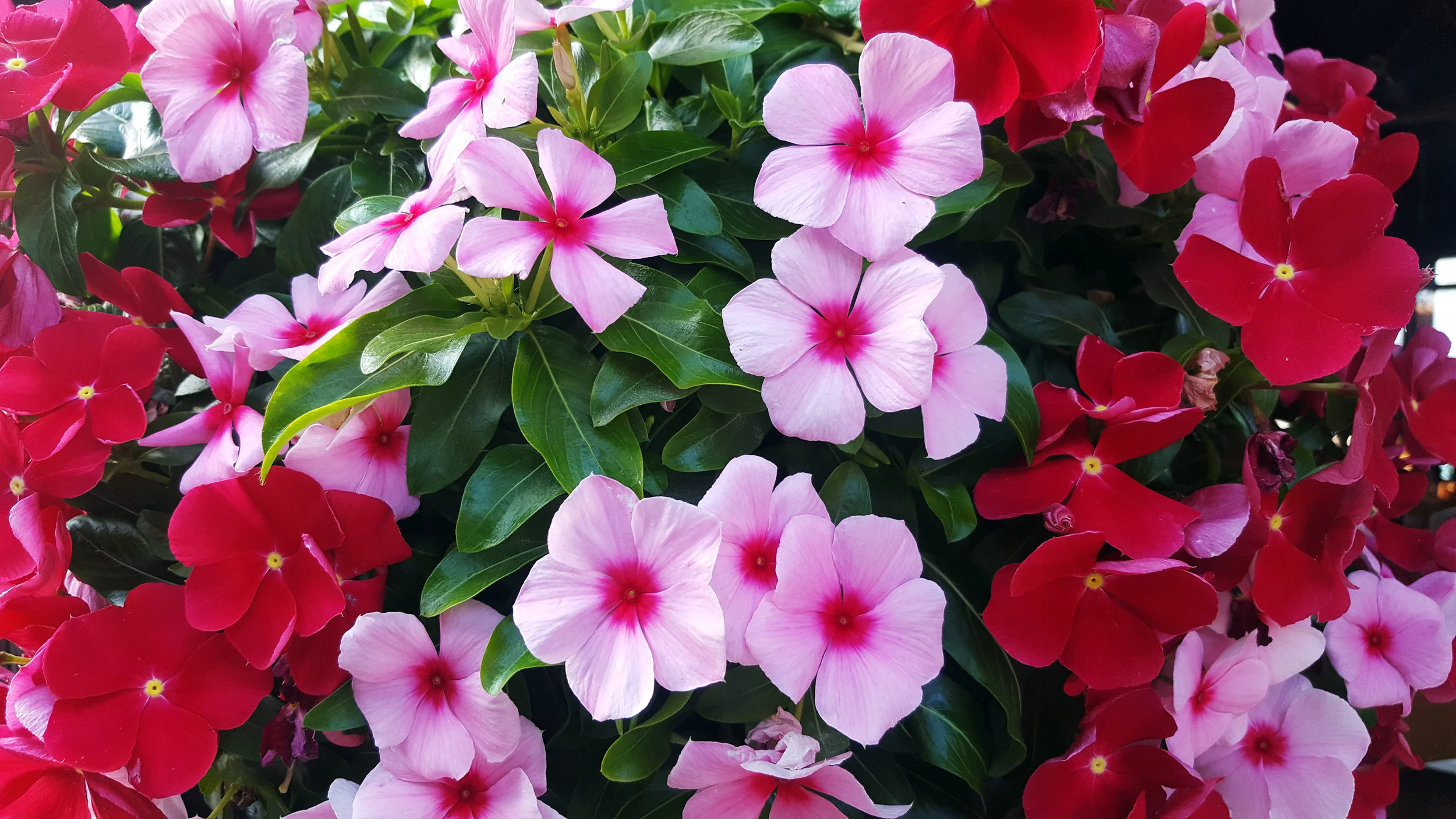OP-EDS
How are the Cradle Principles on Knowledge Governance relevant to Traditional Knowledge in Africa?
Did you know that small farmers’ access to agri-food data can impact food security on a global scale?
Innovation is a vital practice in the knowledge economy. Also vital is finding ways to scale innovations so that they can have significant impact. The Open African Innovation Research (Open AIR) network has collected data in numerous African innovation settings over the past decade, and has, in the process, developed a four-pillar taxonomy of scaling practices. As outlined in its 2020 Scaling Innovation report, which draws on findings from 10 African countries, Open AIR has found that scaling by the continent’s knowledge-based enterprises can best be understood in terms of four overlapping dimensions: expanding coverage; broadening activities; changing behaviour; and building sustainability.
Nigeria’s booming film industry, colloquially known as Nollywood, has become one of the most influential in the world, and one of Nigeria’s largest economic sectors. University of Ottawa Professor Dr Chidi Oguamanam, working as part of the Open African Innovation Research (Open AIR) network, examines Nollywood as an example of how innovation, openness and entrepreneurship have unfolded in this unique context. Relying on extensive data collection, including in-depth interviews with key players in the industry, Oguamanam traces Nollywood’s origins and demonstrates how its persistent openness—to local popular culture, to myriad modes of marketing, to both formal and informal skills development, to Nigeria’s multiethnic realities, and to various approaches to intellectual property—have all contributed to its success at local, national, continental and global levels.
On Feb. 21, 2021, Israel introduced “green passes” – evidence of COVID-19 vaccination or presumed immunity after recovery from the disease. This form of certificate is called by several other names, most notably immunity passports. According to the global vaccine alliance GAVI, “an immunity passport is an official document that certifies an individual has been infected and is purportedly immune from SARS CoV-2.”
Africa’s fate is precarious in the face of COVID-19. It is the last continent to be affected by COVID-19 following the arrival of the contagion in Egypt and Nigeria in February 2020. Ideally, the late arrival of COVID-19 in Africa could have bought the world’s poorest and politically susceptible continent an advantage. However, a combination of unpreparedness and the severity of COVID-19’s impact left Africa with no such advantage.
Except perhaps South Africa, credible statistics on the extent of the COVID-19 infection in African countries are lacking. So far, African countries could not sustain two full months of lockdown. Unlike the rest of the developed world, there were no significant palliatives for ordinary citizens, let alone businesses or corporations. While industrialised countries compute their GDP contraction arising from COVID-19 in the range of 10%, virtually all of Africa is faced with the stark reality of an upward of 20% drop in their GDP and a total rollback of economic progress of the past two decades.
As an African and a Canadian, I inhabit an observatory. I am a resident in two worlds of blunt contrasts. On a good note, daily at every turn, those contrasts offer privileged lessons on the richness and complexity of the human experience, of our world. In this observatory, it is irresistible not to have a geopolitical perspective on the dynamic of Africa’s relationship with the global south. And since the formal declaration of COVID-19 as a global pandemic on March 11, 2020 by WHO’s Dr. Tedros Adhanom Ghebreyesus, the reality of that stark contrast has never been more evident.
The Third Industrial Revolution (3IR) provided perhaps the most significant insights into Africa’s potential to fast-track its march to sustainable development. As with industrial revolutions, the 3IR has further tinkered with international division of labour. Gradually, Africa and indeed economies hitherto considered as periphery – so-called because they were traditional sources of raw materials – are now actors in knowledge-driven competition, which is the hallmark of the 3IR.
The third industrial revolution (3IR) provided perhaps the most significant insights into Africa’s potential to fast-track its sustainable development. As with previous industrial revolutions, the 3IR has affected the international division of labour. Gradually, Africa and a number of economies on the periphery – so described because they were traditional sources of raw materials – have become actors in a knowledge-driven competition, which is the hallmark of the 3IR.
On June 10, 2019 the Honourable Chief Judge of Lagos State, Madame Justice Opeyemi Oke, would have attained mandatory retirement age of 65 years. She served in acting capacity from September 25, and was sworn in as Chief Judge on October 20, 2017. Her tenure is exactly 21 months which tallies with the tradition of an average of barely 12 months over a 10-year period for successive Chief Judges of Lagos State. For judiciary watchers and stakeholders in the administration of Justice, Oke’s tenure had no dull moment.
Africa is continent of 55 countries and thousands of nationalities with incredible human and cultural diversity. In addition to its wealth of incredible diversity, Africa is the youngest and fastest growing continent. How can the continent harness this incredible potential which could readily flip into unprecedented tragedy if not well-managed? That is the big question for the future of Africa. That future is at the intersection of strength and a ticking time bomb.
As it embarks on another five-year periodic review of the Copyright Act, Canada has an opportunity to reflect on its copyright regime in light of the gaps that exist between it and Indigenous creative works. Indigenous creative works refer to myriad forms, manifestations, or expressions of Indigenous cultural heritage and identity, ranging from stories, folklore and songs, to dances, rituals, symbols, protocols and practices. These collectively link Indigenous peoples with their land, ecological orientation and worldviews, as well as their past, present, and future.
One of the off record welcome hospitality that the Conservative Prime Minister of Britain, Mr. David Cameron, extended to President Muhammadu Buhari who attended the May 10 Anti-Corruption Summit in London is his sneaky remark to the British monarch, Queen Elizabeth II, ahead of that summit that Nigeria (alongside Afghanistan) is a “fantastically corrupt” country. My impression is that Her Majesty may have a better sense of history than Cameron.
Forging national unity has been a perennial challenge to Nigeria’s evolution as a country. Since independence from Britain 56 years ago, the country continues to weather severe existential storms that strike at its very core. These make national cohesion and political stability largely elusive.
Nigeria’s security challenges continue to escalate. While the Boko Haram insurgence keeps mutating, kidnappings and hostage taking for ransom rise in competition as side dishes in the main course of the country’s ignominious rise in terrorism profile. Yet, the abducted Chibok girls remain a scar on the conscience of the Nigerian government at all levels. At present, Nigeria’s abysmal human rights record is taking another stress at the instance of recent violent encounter between members of the Shiite Islamic sect and the military.
The global South is full of significant, diverse biological and genetic resources. It’s also home to most of the world’s indigenous communities. This is why developing countries are sensitive about protecting their genetic resources and traditional knowledge.
Nigeria’s tertiary education industry is increasingly competitive for all stakeholders. We have transitioned from the so-called first; second, third and, some would even suggest, to fourth generation universities. Except for professional bodies, both the federal and state governments have, until more than a decade ago, been the only major proprietary stakeholders in tertiary education.
Toronto has been in the news recently, not because of its status as a foremost North American commercial hub, but because of its infamous mayor, Rob Ford. Ford has been on the limelight for many wrong reasons, serving as a butt of joke for global fraternity of comedians on how not to be a mayor. Over 2013, many mentioned how discussions involving Canadians within and without Canada are easily short-changed by a more exciting topic: Mayor Rob Ford and his indiscretions.
In the last decade, warlordism has been on the decline in Africa. But terrorism and other forms of political combustion appear to be on the rise. Recent and ongoing disturbances across the continent are flashpoints of both Africa's political vulnerability and the continent's political renewal. As Africa engages its current positive, albeit, controversial economic transition, the tail of its political contradictions within a hypocritical world order continues to wag the continent.
On August 15, 2008 members of the African Diaspora Communities in the Maritime Region of Canada woke up to the shocking news of the death of one of their own, Ms. Ifeoma Stella Obi. Ifeoma was a Nigerian by birth who, like most members of her African circle of friends in Canada, migrated to that country in search of quality education.
The Niger Delta: Nothing places Nigeria in the news lately more than the Niger Delta. Indeed, the Niger Delta is synonymous with the instability that Nigeria contributes to global oil supply and, by extension, the current global energy crisis. The Niger Delta now attracts some worrisome lexicon in the global report of news about Nigeria.
The emergence of Governor Ikedichi Ohakim of Imo State is one of the litanies of surprises in the last discredited general elections. In the period preceding the elections, Imo State was a theatrical site for the absurd.
Many have the impression that this President is not overly excited about the idea that Nigeria’s dream of transformation can be entrusted in the hands of its younger generation. If clues from the first term of this presidency are guide, there is enough support for this perception. It is not news that the President is more comfortable with and trusting of folks around his age bracket.
In the past two weeks, in this column, I serialized a two part commentary on the Anambra and Plateau crises and other incidental issues on the state of the Nigerian nation. My article was titled “Ngige, Dariye and the Presidency: The Morality of the Absurd” (part I-November 30, part II December 6). In this effort, I will not repeat, but would rather recommend for background reading, what I wrote then.
On Plateau State, yes, the President may be right in questioning the morality of Governor Dariye’s continued stay in office. However, while the President would prefer that Governor Dariye resign as a matter of honour or be impeached by the House of Assembly, that is not as simple as it seems. Law and morality are not always harmonious bedfellows.
In 1999, while responding to a suggestion that a lot of retired generals and other political jobbers were making monetary donations to his bid for the presidency and as such would naturally expect to be rewarded, or to wield some influence in his prospective regime, Mr. President (then a presidential candidate) was on record to have said that there will be no room for that kind of politics if he was elected.
However the courts resolve the pending litigations on the constitutionality of the declaration of state of emergency in Plateau State six months ago, the place of that singular decision of the Obasanjo administration is firmly secured in Nigeria’s constitutional and political history.
Again, let me say that I am not readily inclined to draw simplistic comparisons between Nigeria’s political culture and what obtains in long established western democracies. Yet, it borders on the irresistible to, at least, contemplate how much our politicians and so called leaders at different levels of public service get away with. Just a casual reference to a different political culture elsewhere could serve my purpose here.
Two subjects competed for my writing commitment in the last month. If you are a keen watcher of events in Nigeria, you could possibly offer a correct guess. But do not bother. Let me tell you what they were. The first relates to the complicity of Mr. President, the Balogun of Owu, on the Owu Obaship tussle. The other is the Okija horror.





























